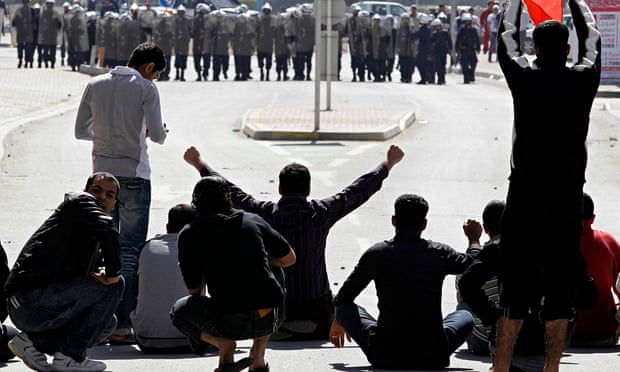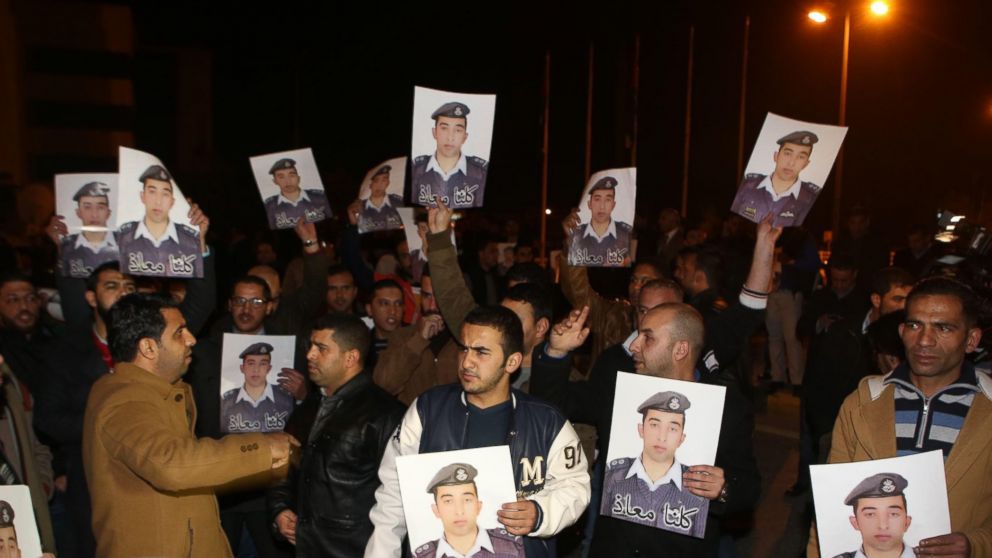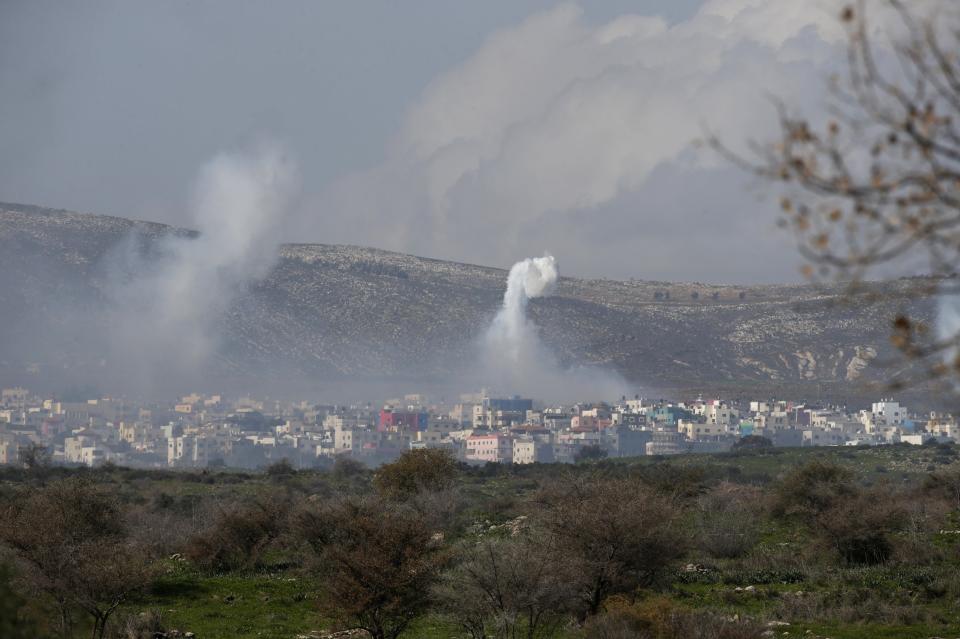By Kathryn Maureen Ryan
Impunity Watch, Managing Editor
MANAMA, Bahrain – As the world’s attention focuses on the threats associated with the spread of extremist groups like the Islamic State of Iraq and the Levant the world has remained silent as human rights abuses continue in the small Gulf State regime of Bahrain. Bahraini rights activists expressed concern on Friday that John Legend, an American singer known for his outspoken advocacy of civil rights and in the United States, plans to perform in Bahrain next week, despite the country’s continued brutal crackdown on dissent and civilian protests. Legend is scheduled to perform at Bahrain’s state sponsored Spring of Culture festival.

Bahraini human rights activities have labeled John Legend, the Academy award winning recording artist behind Selma’s hit song “glory,” a hypocrite for eloquently writing about the American Civil Rights movement and, to their minds, failing to show empathy for the Bahrain human rights movement by going forward with a big ticket performance for Bahrain’s rich and powerful. Legend responded with a statement saying that he was aware of “documented human rights abuses by the government of Bahrain,” but preferred to “engage with the people of the country” by visiting there.
When accepting the Academy Award for best original song in a motion picture Legend told viewers of the telecast, “We say that ‘Selma is now’ because the struggle for justice is right now.” He added, “Live in the most incarcerated country in the world. There are more black men under correctional control today than were under slavery in 1850. When people are marching with our song, we want to tell you that we are with you.” Bahraini activists have argued that Legends decision not to cancel the Bahraini show demonstrates a level of hypocrisy and indifference towards the struggle for human rights in Bahrain.
Robert Mackey of the New York Times noted the Irony in the Selma song writer’s actions writing; “three years before the American protesters mentioned in the song “Glory” confronted police officers in Ferguson, Mo., with the chant, “Hands Up, Don’t Shoot,” demonstrators in Bahrain were gunned down by the security forces as they marched with raised hands, repeating the Arabic word for “peaceful” — “selmiya” — again and again.
The Bahraini regime has a long history of human rights abuses and crackdowns on public assent. The fourth anniversary of the Bahraini uprising was marked on 14 February with clashes between protesters and police, as the Bahraini regime resisted reform. Shortly after Hussain Jawad prominent, a prominent Bahraini human rights activist was arrested by plain-clothes police and his home of was raided by 20 masked police officers. His family expressed concerns that he may be tortured while in custody.
For more information please see:
The New York Times – John Legend Rejects Calls to Cancel Bahrain Show over Rights Abuses – 2 March 2015
Press TV – International Silence Emboldens Bahrain Regime: Nabeel Rajab – 1 March 2015
Middle East Eye – Bahraini Human Rights Activist Detained, Family Claim Risk of Torture – 16 February 2015
The Guardian – We Are Human Rights Defenders, But Bahrain Says We’re Terrorists – 9 February 2015



